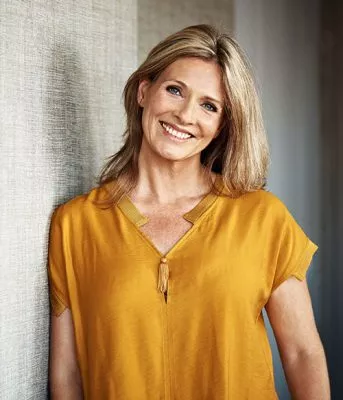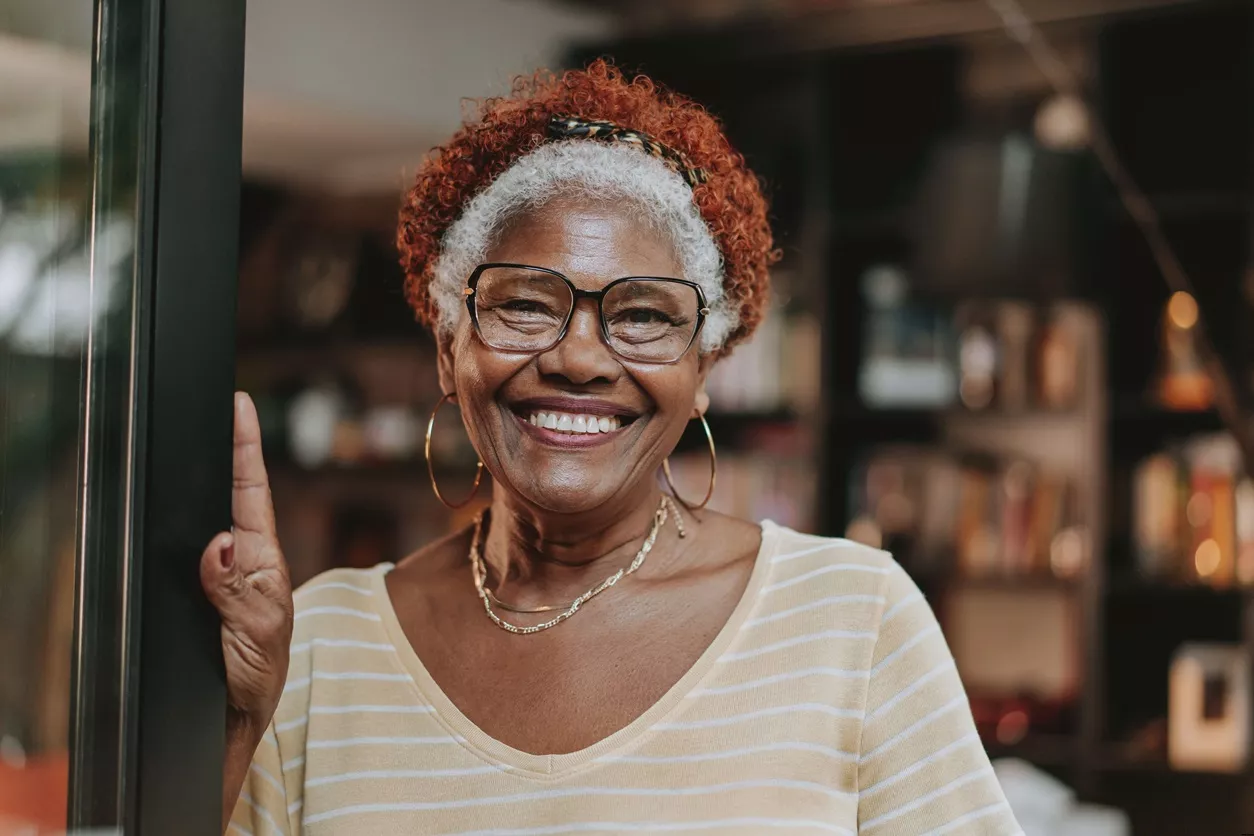A story of age
Consumers feel unique. Consumers are unique. But if the cosmetic cream that perfectly matches each consumer’s singularity is still the Grail, taking into account generational differences in beauty practices is at least possible. Gattefossé unveils consumer research results showing that “taking care of the skin” does not have the same meaning function of age.
18-25 y.o. - Cleansing approach for a flawless skin

Between 18 and 25, imperfections matter, or rather the absence of imperfections.
These women have just recovered from teenage acne or still suffer from it. They see their skin as marked (with spots, redness, scars) and imbalanced (a mixture of dry and oily areas).
They haven’t yet developed a real knowledge of their skin and its needs. As a consequence, their skin care usage is basic and limited to the correction and prevention of skin flaws: a daily and deep cleaning of the skin (evening + morning), basic hydration, and declared exclusion of aggressive cosmetics to obtain a “neat and healthy skin” (Marie, 24 y.o.)
Results they expect from this routine are really functional: have beautiful skin without imperfections, as well as a soft and smooth skin for better effects once make up is applied.
30-40 y.o. - Anxiety towards skin aging
Women in their 30s feel that something has recently changed for their skin.
These active women, mainly with children at home, face busy days and very limited leisure time for themselves. They reveal much concern for their skin, which suffers from many symptoms: signs of fatigue, an impression of duller complexion, and first wrinkles resulting in a rough appearance.
Compared to the younger age group, this target is significantly more proactive regarding skin aging process, with a strong belief that an early and daily use of anti-aging skin care products is key. “We shouldn’t wait until the last moment, you have to do it very young and regularly. As soon as wrinkles are here, it’s too late” (Afida, 33 y.o.)
Skin care usage is also about feeling confident for the future: “being reassured, knowing that we have done everything to avoid these signs of aging” (Claire, 34 y.o.)
They are the key target for anti-aging promises.

45-55 y.o. - Trust in their beauty

These women reveal a change of paradigm compared to the previously described age groups. As they have gained experience of skin care over time, the perception they have of anti-aging products is marked by resignation. « It’s written anti wrinkles but we do not really believe in it» (Fabienne, 47 y.o.). Confidence in beauty products weakens.
They describe their skin as less hydrated, less tense and more fragile and these symptoms generate the need to nourish and hydrate, to protect and respect but not to correct. Expected results when using beauty creams are much more emotional than functional: reveal the skin’s inner beauty, radiate and preserve “what nature gave us” (Yveline, 53 y.o.).
60-70 y.o. - Time for hedonism
Retirement has opened new opportunities for these ladies. They’ve gained time for leisure and chosen activities and consider their aging skin with lots of philosophy and wisdom. Even if they encounter physical signs like “generalized slackening” (Pauline, 69 y.o.), wrinkles or a grey complexion, they have reached a kind of acceptance of their skin conditions.
“There is the inevitable, we can’t fight” (Christiane, 62 y.o.).
Thus, comfort is what they want for themselves and for their skin: moisturization and skin feeding are consequently key.
Skin care usage is much more driven by emotional purposes than functional: seeing a good image in the mirror, displaying a dynamic image to others, and feeling comfortable with their skin are examples of « results » they look for.

And what about you? Do any of these profiles sound familiar to you?
Sources: Qualitative consumer research run in Lyon, March 2017, by Gattefossé. Target: women, all regular users of skin care products (at least 4 to 5 times per week), 4 groups of 9 women each: 18-25 years old / 30-40 y.o. / 45-55 y.o. / 60-70 y.o. Participants recruited via our research partner: Avenir Focus


